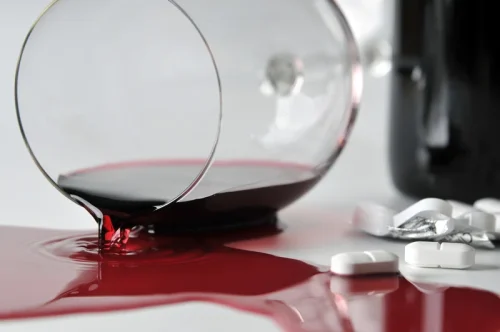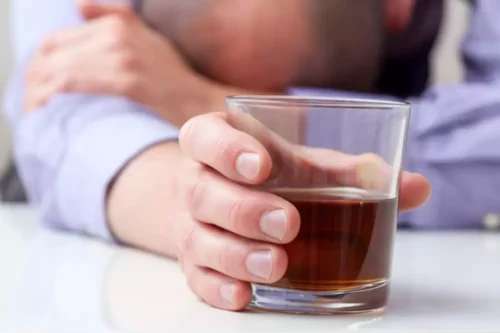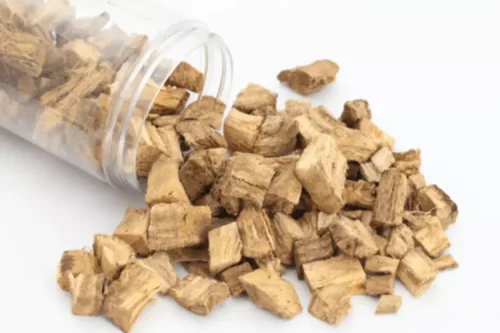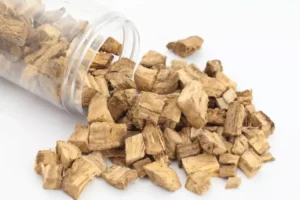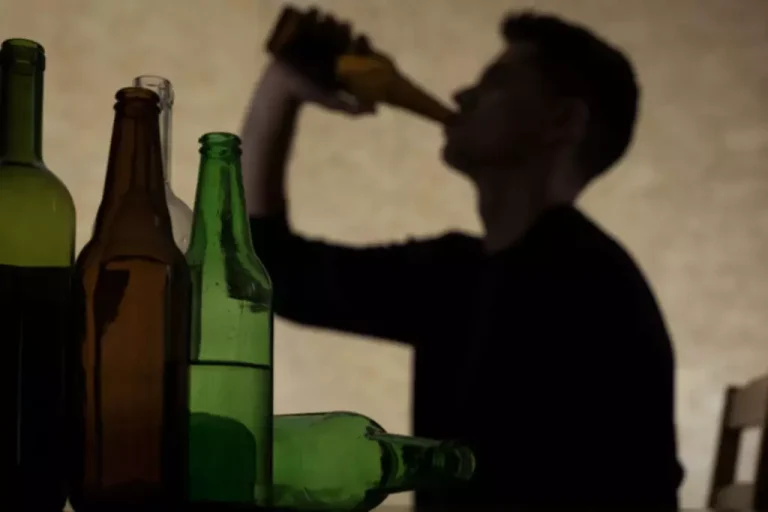
We do have drug-specific treatments, especially when we’re thinking of medicine rather than psychological treatment. But if a general addiction liability is a robust phenomenon, in addition to the unique pharmacologic targets for a given drug use disorder, it probably means that we have to shift our treatment toward transdiagnostic approaches. In other realms of clinical psychology, we’ve moved toward targeting broad elements like a general tendency to experience negative Alcohol Use Disorder affect.
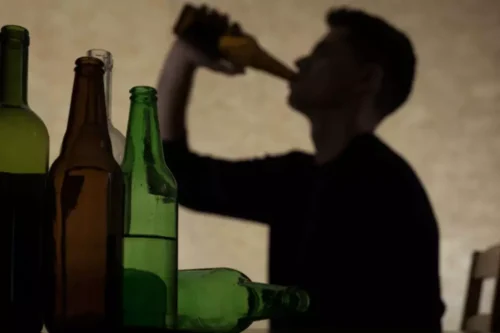
Tips for Reducing Addiction Risk
Weed addiction, also known as cannabis use disorder, is a condition characterized by an inability to control or stop cannabis use despite negative consequences. It’s not just about smoking a joint at a party anymore; it’s about needing that hit to function, to feel normal, to escape the clutches of anxiety or depression that creep in when the high wears off. But let’s not beat around the bush – weed addiction is real, and it’s high time we talked about it. ” Well, so is tobacco, and we all know how that story goes.
Shortcomings of Cannabis in Medication-Assisted Therapy

I think of myself as a quantitative psychopathologist, though my personality training creeps in from from time to time, too. In this episode, APS’s Özge Gürcanlı Fischer Baum speaks with APS Spence Award recipient Ashley Watts from Vanderbilt University about her recent research article in Clinical Psychological Science. The paper argues that addiction follows a more diverse pattern, and the conversation highlights what this approach to addiction means for future research and for treatment strategies. The strength of today’s cannabis can also lead to increased risks while driving, the poll’s authors write. Still, 20 percent of older adults who used cannabis in the past year said they drove within two hours of using the drug at least once. The research, supported by AARP, focused only on cannabis products that contain THC, the psychoactive compound responsible for generating that “high” feeling.
- This is like saying it’s okay to jump off a one-story building because it’s not as dangerous as jumping off a skyscraper.
- This includes its dried flowers, leaves, stems and seeds.
- We treat marijuana addiction as well as other substance use disorders and co-occurring mental health conditions.
- Approximately 1 in 10 people who use marijuana will become addicted.
What makes Yale Medicine’s approach to cannabis use disorder research unique?

This is even further exacerbated by the fact that cannabis and tobacco mixes are usually smoked without a filter. Most studies into the risks of smoking tobacco come from cigarettes with filters, so it is safe to assume the risk of things like lung cancer is much higher when a filter isn’t present. You may have heard that marijuana helps with morning sickness. If you’re pregnant, you shouldn’t use medical marijuana unless your doctor says it’s OK. But they may do better when loved ones are involved in treatment.
- From the few randomized controlled trials that do exist, one theory is that cannabinoids in marijuana affect acetylcholine and opioid receptors in addition to cannabis receptors, in this way providing IBS symptom improvement.
- If general addiction liability were a real thing, I can understand why it appeals to scientists and potentially practitioners.
- Addiction is not defined solely by a substance’s chemical properties but rather by its impact on one’s life.
- It’s like trying to put out a fire with gasoline – it might seem like it’s helping in the moment, but you’re just making things worse in the long run.
Is Marijuana Addictive?
That’s because marijuana can affect major organs such as your heart and lungs. And your baby’s health, if you’re pregnant or nursing. Marijuana misuse turns into addiction when you can’t stop using the drug even though it’s affecting things like your job or your relationships.
- I think of myself as a quantitative psychopathologist, though my personality training creeps in from from time to time, too.
- But cannabis may have harmful long- and short-term effects, such as paranoia and memory loss, and it can be addictive and disrupt a user’s life and relationships.
- Cannabis use disorder (CUD) is a complex condition that involves a problematic pattern of cannabis (marijuana) use.
- ” It’s a common misconception, one that’s been passed around like a joint at a Grateful Dead concert.
- Decreased substance use also makes it more likely that the individual can hold a job, be a supportive family member, and so on.
What Is Cannabis Use Disorder (CUD)?
The truth is, cannabis dependence is a complex issue that deserves our attention and understanding. Drugs that lessen marijuana cravings have often been unsuccessful. “There is an urgent need to develop effective treatments, either behavioral or pharmacological, for cannabis use disorder,” says Yale Medicine psychiatrist Deepak Cyril D’Souza, MD, a Yale Medicine psychiatrist. “It is likely that the combination of behavioral and pharmacological approaches will be superior to either alone.” Synthetic cannabinoids, compounds manufactured to replicate individual chemicals found in cannabis, are much more potent than cannabis and therefore could be more dangerous. Doctors at Yale Medicine treat patients for cannabis use disorder and are conducting leading research to advance therapies to treat it and to better understand the effects of cannabis on the brain.

Marijuana Risks and Long-Term Effects
But whether you use it legally or illegally, it’s possible to misuse it and get addicted to it. Substance abuse occurs when an individual regularly uses drugs or alcohol and experiences negative consequences as a result. This can how long does weed stay in your system include missing work or school, getting in trouble with the law or school authorities, or putting oneself in dangerous situations. If you think you or someone you care about may have a problem with marijuana, contact one of our Admissions Navigators today for more information about finding treatment options for marijuana addiction.

Although anyone who uses marijuana has the potential to abuse it, there are risk factors that can make marijuana abuse more likely. Having these risk factors doesn’t mean you definitely will develop a substance abuse problem, but you may be more at risk. As people with CUD often have co-occurring mental health conditions, treating them together rather than separately is generally better.


